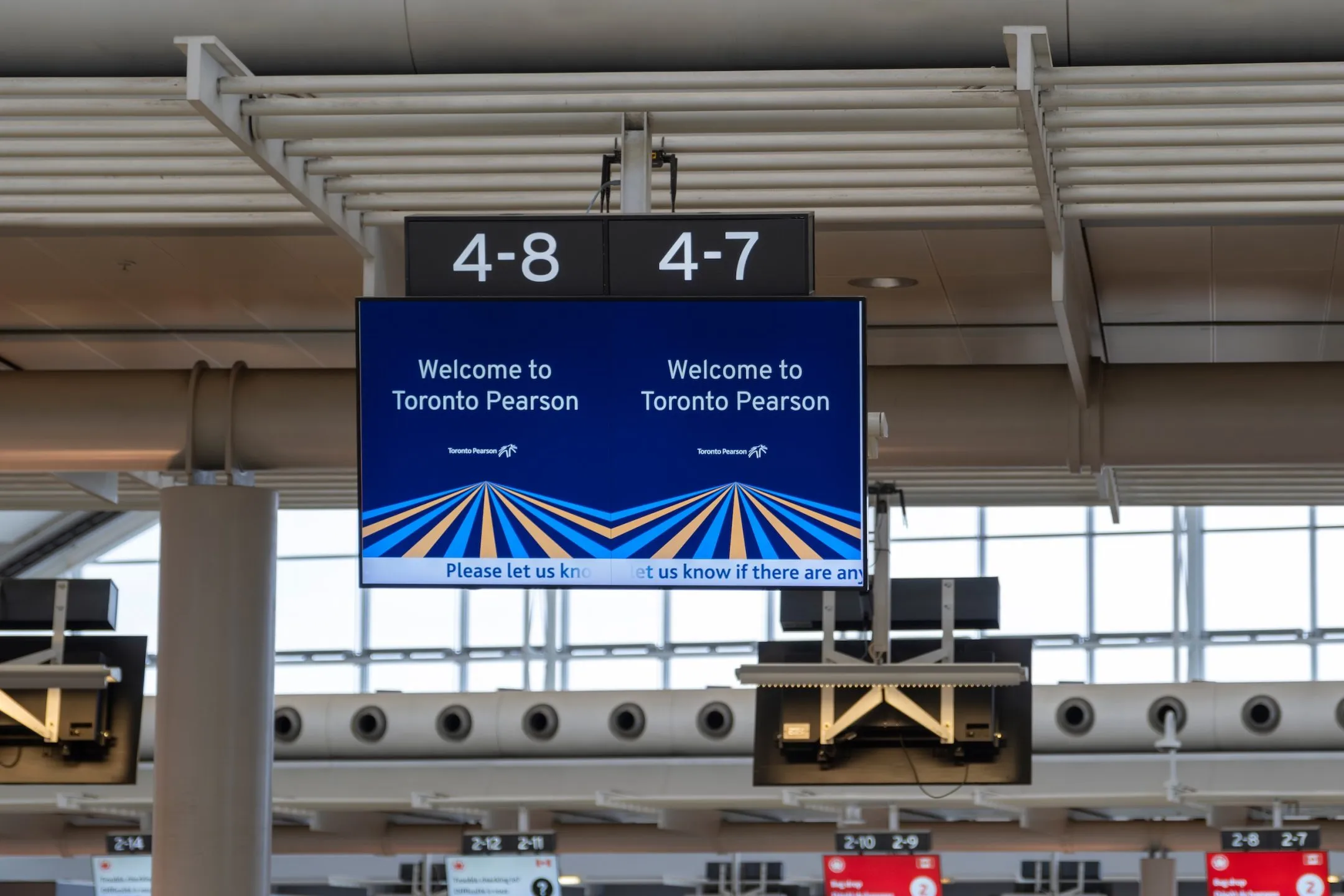Immigration, Refugees and Citizenship Canada has imposed new guidelines, effective for all post-graduation work permit applications received on or after February 14, 2019. Note that for all applications received before February 14, 2019 the old guidelines continue to apply.
Post-Graduation Work Permit Program Guidelines
The Post-Graduation Work Permit Program (PGWPP) allows students who have graduated from eligible Canadian designated learning institutions to obtain an open work permit for up to three years to gain valuable Canadian work experience. Skilled Canadian work experience that is gained through the PGWPP can help graduates qualify for permanent residence in Canada through the Canadian experience class, within Express Entry.
Changes to the PGWPP Guidelines
The guidelines for the PGWPP have changed in two key ways:
- Application Deadline Extended: Under the new guidelines, the deadline to apply for the PGWP has been extended to 180 days from the day the applicant receives written confirmation (e.g. an official letter or transcript) from the educational institution that they have met the requirements for completion of their program of study (the previous deadline was 90 days). Calculation of 180 days begins the day the applicant’s final marks are issued or the day formal written notification of program completion is received, whichever comes first.
- Relaxed Study Permit Criteria: According to the new guidelines, applicants will no longer have to hold a valid study permit at the time of applying for a PGWP; rather, the study permit now only needs to be valid at some point during 180 days from the day the applicant receives written confirmation that they have met the requirements for completion of their program of study.
Impact
Students under the PGWPP will continue to be eligible to gain additional points based on their Canadian work experience to help them qualify for permanent residence through the Canadian Experience Class, which is part of the Express Entry program. By relaxing eligibility criteria, changes to the PGWPP guidelines should make it easier for students to obtain work permits post-graduation, thereby encouraging skilled students to remain in Canada.
If you require more information or have questions relating to any of the above, please contact the Toronto employment and workplace immigration lawyers at Sultan Lawyers by telephone at 416-214-5111, by here, or by filling out the form below.
Your Case: Our Priority.
At Sultan Lawyers PC, we are the only firm specializing exclusively in employment and immigration law. Whether your case is straightforward or complex, we have the experience and commitment to achieve the best possible outcome. Trust us to navigate the toughest challenges with you.



